Fighting over the small stuff with your partner? The real reason might surprise you
Want more tips? Check out Anita’s new book: ADHD & US: A Couple's Guide to Loving and Living with Adult ADHD
Have you ever felt baffled by your partner’s behavior? Can’t understand why they can do all these great things but not put the milk back in the fridge? Can’t pick up a room? Struggle to arrive anywhere on time?
Does your partner have ADHD?
Approximately 9.4% children in the US have ADHD (Attention Deficit Hyperactivity Disorder) according to the CDC. Our school systems are making great strides in understanding the ADHD brain and how to create a more productive learning environment for children with this condition. However, most adults with ADHD did not have these advantages as school kids, instead enduring a learning environment that was challenging for their brains, signaling that they were bad students, lazy, or problem kids (to name a few). They were not given the skills to develop their executive functioning in a way that talks to their brains. And so they had to find their own work-arounds in this non-ADHD-dominated world.
As adults, they may have found work environments in which they can excel and have an advantage. These professions tend to be ones with a lot of stimulation, crisis, and action. Examples include entrepreneurs, emergency service professionals (police, firefighters, ER doctors/staff), or creative/artistic professions. It can be mind boggling for partners (and sometimes the individual him/herself) to see a person be so successful out in the world yet struggle with simple tasks at home. It can help to see brain scans of different types of brains, which show that mundane tasks (like doing the dishes, putting things away) actually decrease brain activity in ADHD brains, though they increase activity for neurotypical brains. For partners, this can take away the sting of feeling unheard or devalued when your partner does not respond to requests that seem simple to you but not to him or her.
One of the reasons I love working with ADHD & non-ADHD mixed couples is that I can help them understand how to talk to each other’s brain effectively. A lot of the typical relationship-improving skills will not work in this type of dynamic which is why specialization in ADHD is important in looking for a couples therapist that will be a good fit for you.
Here are 3 techniques to communicate more effectively to someone with an ADHD brain:
1. Praise, Praise, Praise. If you want someone to do the dishes (or any mundane task), make a HUGE deal of how amazing it was for them to do it. What may be a simple task to you is actually a really challenging task for an ADHD brain, and a big praise reflects the amount of effort they made. Commenting, “It’s about time” or “It isn’t that hard” minimizes the effort they’re making. A BIG acknowledgment will go a long way in reinforcing the motivation to work at something challenging.
2. Defusing Defensiveness. If you notice your partner becoming defensive over a question or comment, try asking them if they heard criticism or blame and let them know that you didn’t intend it to come off this way. A lot of ADHD brains hear blame when other brains don’t. Knowing this can help de-escalate or prevent potential conflicts.
3. Value the Gifts each type of brain gives the relationship. When you’re talking about things you need from each other, acknowledge the positive qualities that each person brings to the table. For example, someone who may tend to run late may also be really good at being present, or is flexible when something doesn’t go according to plan.
Here are 3 techniques that an ADHD brain can use to communicate better with a neurotypical brain:
1. Repeat back what your heard. If you hear blame or criticism, ask your partner if you heard it correctly by repeating it back. Your brain may be drawing from past experiences that may make it sound like the statement is bigger than what the person actually intends. For example, when your partner says, “We’re out of coffee,” they may just be making an observation that they’re simply out of coffee, without a lot of feeling behind it. To an ADHD brain, they may hear, “It’s your fault that we’re out of coffee,” which then triggers explanations of why they aren’t at fault for not knowing the coffee is gone.
2. Count to 3 before jumping into a conversation. Your brain is able to process a lot of information so fast that it’s easy for you to jump in or change directions in a conversation without even realizing it. This can leave your partner feeling unheard or like there isn’t space for them to contribute to the conversation. Waiting 3 seconds to make this move (which will feel like an eternity, but only to your brain) allows the other person’s brain to connect with the topic at hand in a way that works better for them.
3. Value the Gifts. Acknowledge and appreciate that your partner may do more of the small stuff or the mundane organizing. You can acknowledge how planning ahead like this helps your relationship stay organized and, by being so efficient, makes more time for fun activities to do together.
If you are in a relationship where these things are coming up, going to a couples counselor that specializes in ADHD (like me!) can be incredibly helpful. It takes a lot of work to rewire your relationship pattern and nervous system. While these tips may seem easy, they can be really challenging to do on your own.
